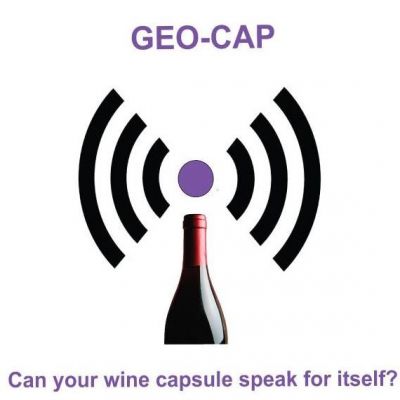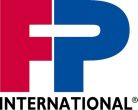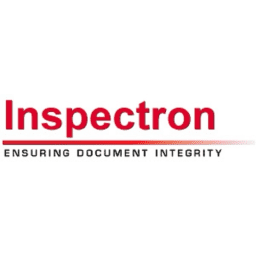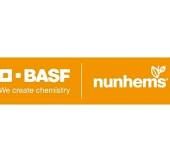Nanomaterial additive derived from liquorice extends shelf life of fresh produce | 15-07-2025 |
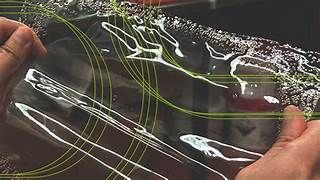
An Italian start-up from Sardinia claims to be redefining the concept of sustainable packaging. Founded in 2024, Alkelux has developed a simple yet innovative solution: transforming liquorice processing waste into a natural antimicrobial bio-additive for use in food packaging materials. The result is an active, functional packaging capable of extending the shelf life of fresh produce, such as strawberries and blueberries, with no need for artificial preservatives or synthetic chemicals, it says.
The additive developed by Alkelux is natural, metal-free, water-soluble and fully compatible with existing industrial production lines, according to the company. It can be incorporated into plastic films or compostable materials, providing antimicrobial protection that slows bacterial growth and helps preserve the contents.
The medicinal properties of liquorice have been known since ancient times, but researchers at the University of Sassari discovered that, by transforming into a nanomaterial, it could even extend the life of food thanks to an antimicrobial action. Matteo Poddighe, until last year a PhD student in chemical sciences and technologies at the university is now CEO (and founder) of the startup.
"It all started between 2021 and 2022 when I was studying nanomaterials to combat Covid in environments. From there, came the idea of ??an additive for materials capable of eradicating a wide range of pathogens. In fact, viruses, bacteria and moulds. The peculiarity of Alkelux is in its photo-activity: if exposed to sunlight or artificial light, the additive enhances the antimicrobial action, offering even more effective protection", explains Poddighe.
Using selected molecules to build complex nanomaterials with special properties is now a common practice, but the challenge is to choose the ideal starting raw material and obviously a suitable manufacturing process to enhance the desired result. "I started out on my own, carrying out the development of Alkelux, outside of the university and in parallel with my doctorate, says Poddighe. “Then I discovered the qualities of liquorice, almost by chance also that there was little scientific literature on the subject”.
Initial tests have shown promising results: the shelf life of fruit packed with this solution has been extended by at least one week compared to conventional packaging. This translates into concrete benefits along the entire supply chain, from producers to retailers, and contributes to significant reductions in food waste, the company believes.
Alkelux’s approach fits perfectly within the principles of the circular economy, by valorising natural by-products, reducing environmental impact, and offering smart, responsible solutions for the food packaging sector according to the report which appeared in the Packaging Speaks Green.
The project has already attracted interest from fruit and vegetable producers and industrial partners seeking eco-friendly, high-performance alternatives to extend product freshness without relying on invasive treatments.
With this innovation, Alkelux hopes to position itself as a example of how bioeconomy can drive the future of sustainable packaging, combining food safety, technical performance and environmental responsibility.
MORE AT AIPIA/AWA SMART LABELING SEMINAR BARCELONA













